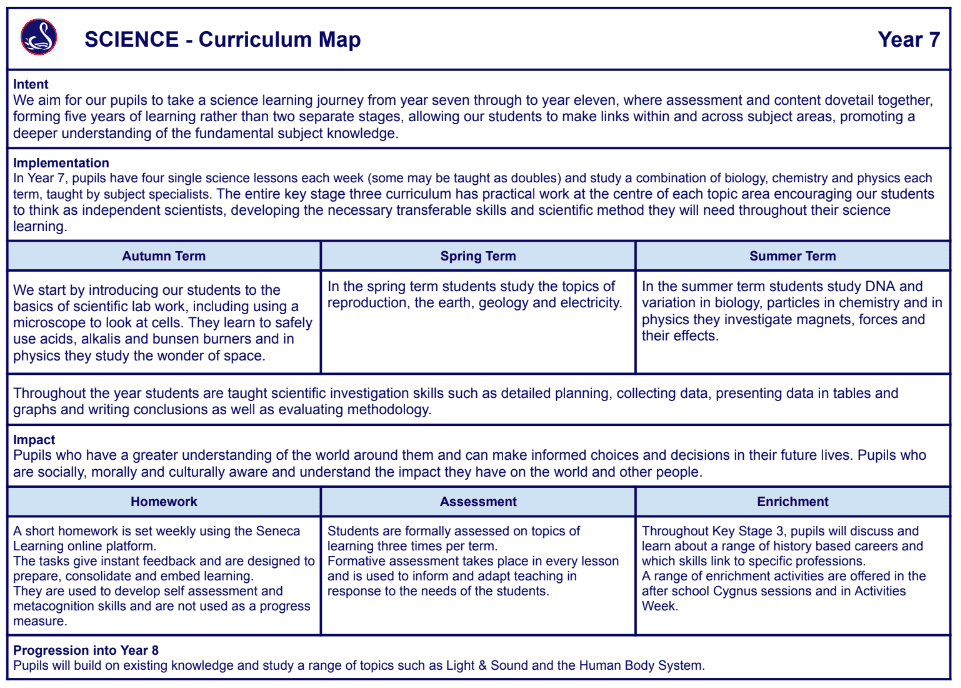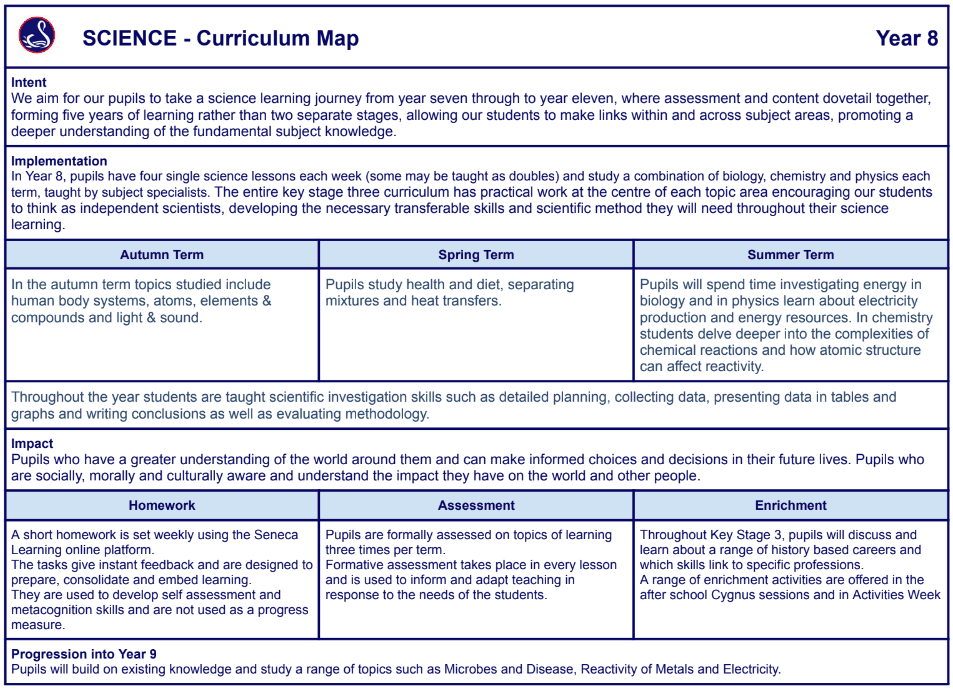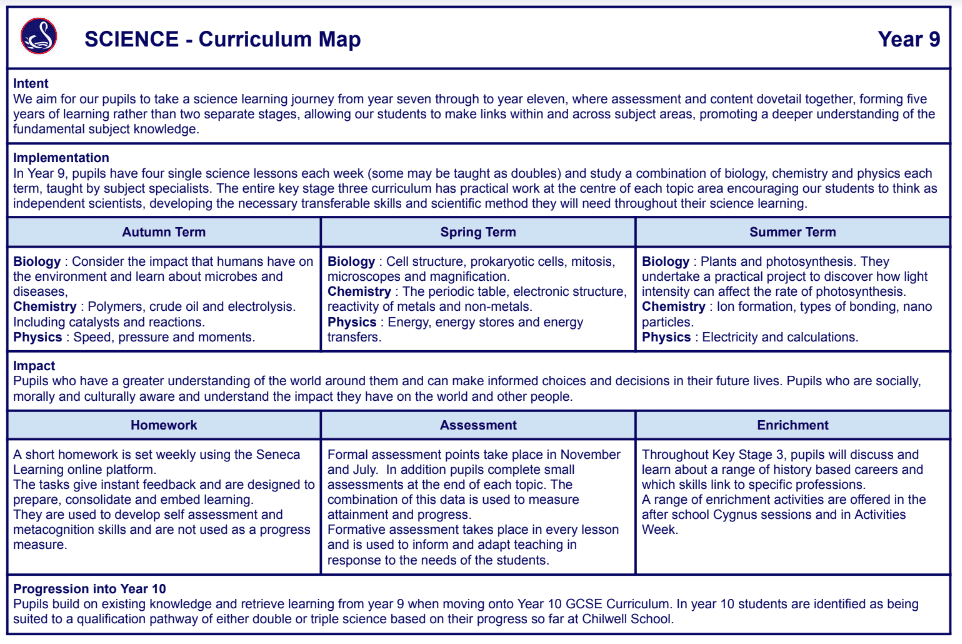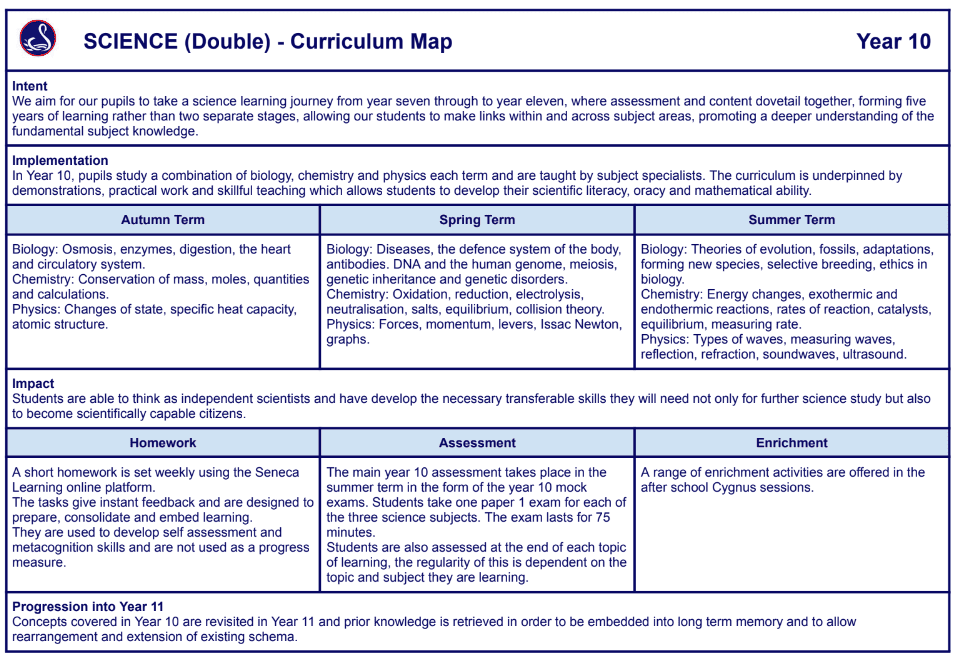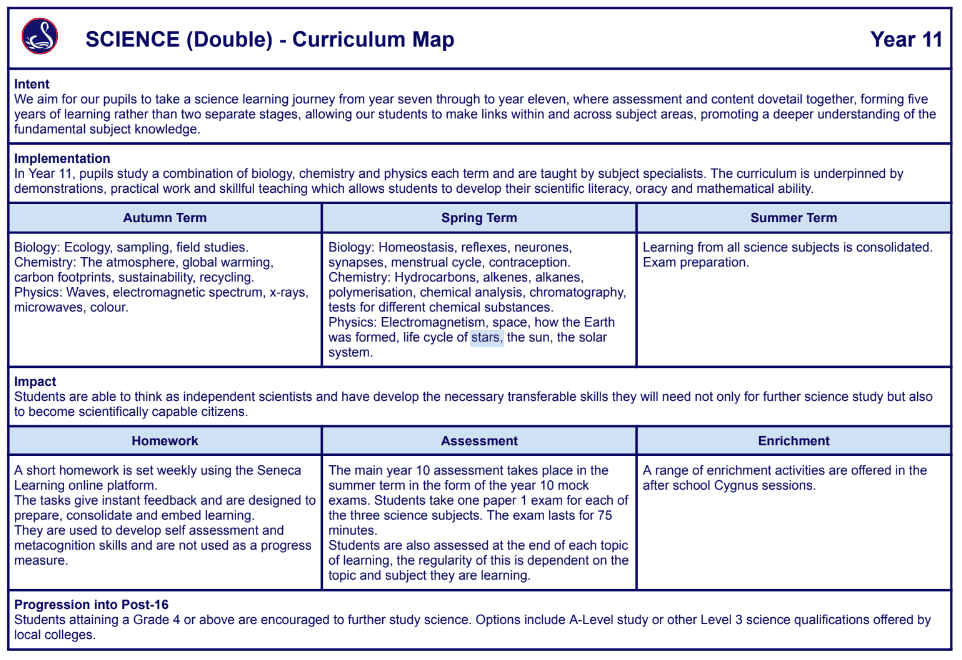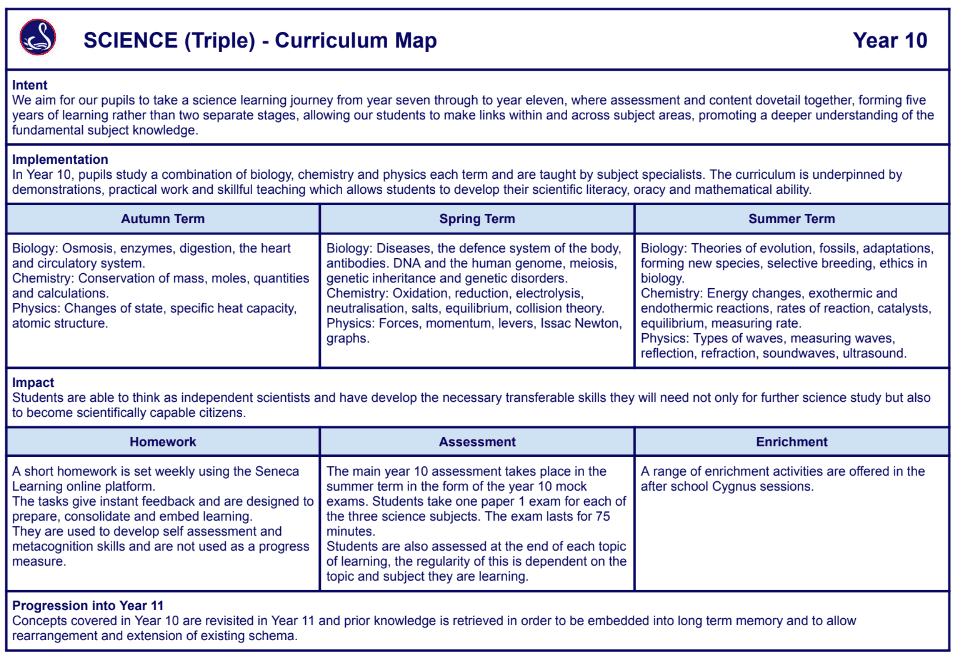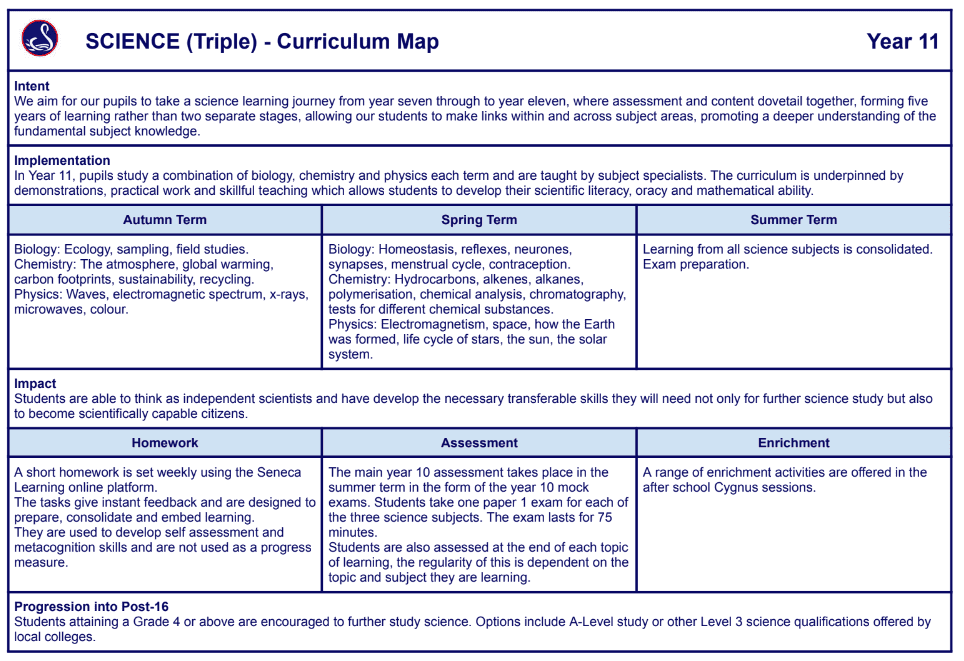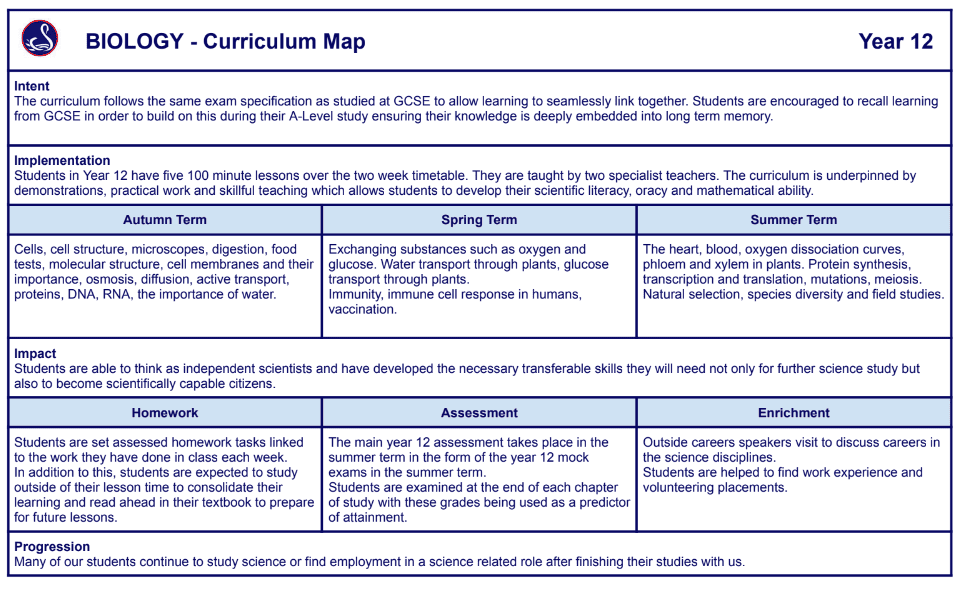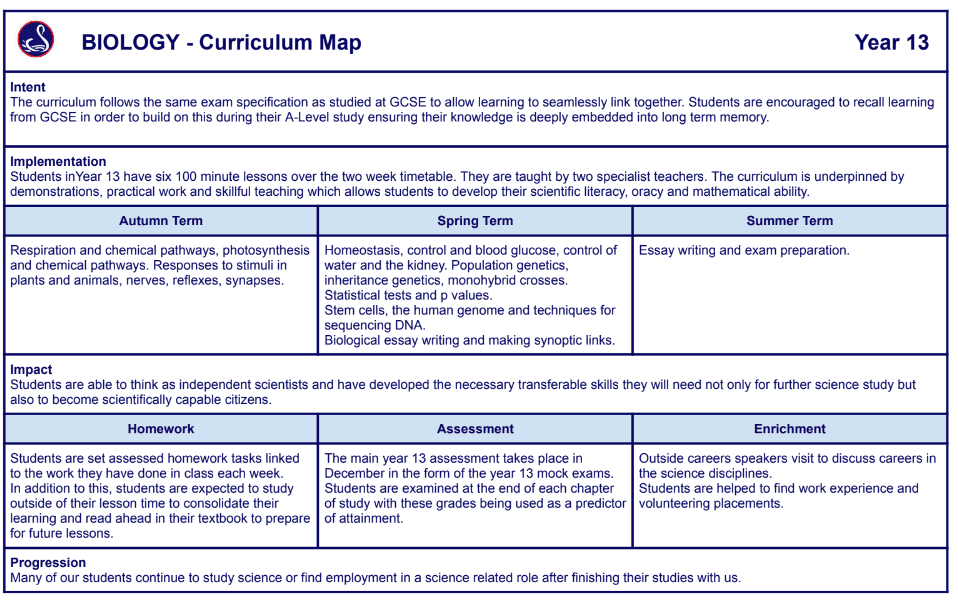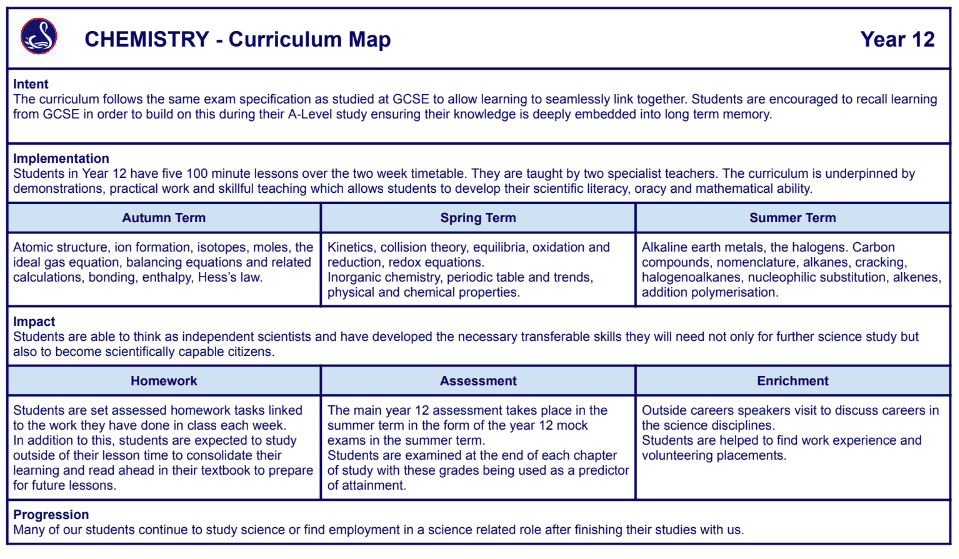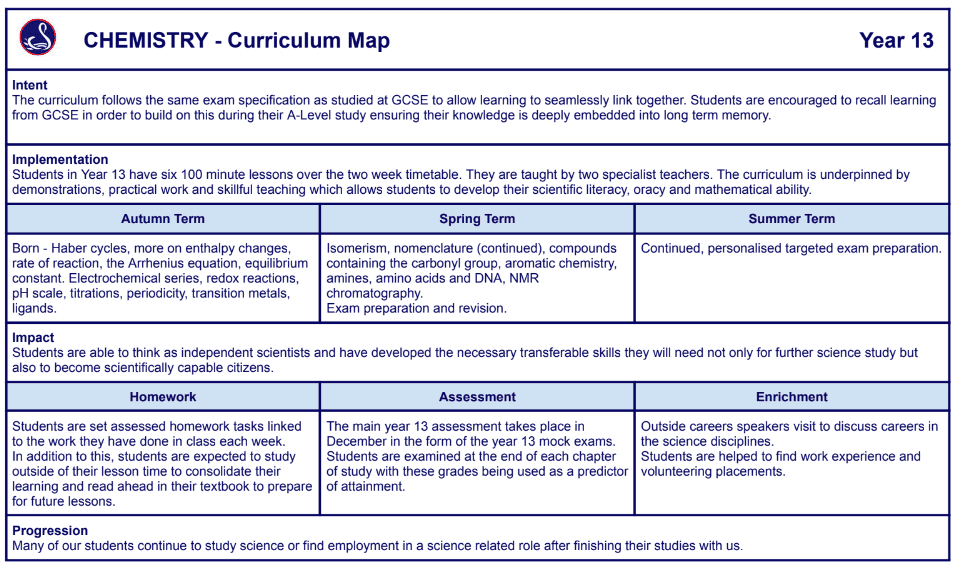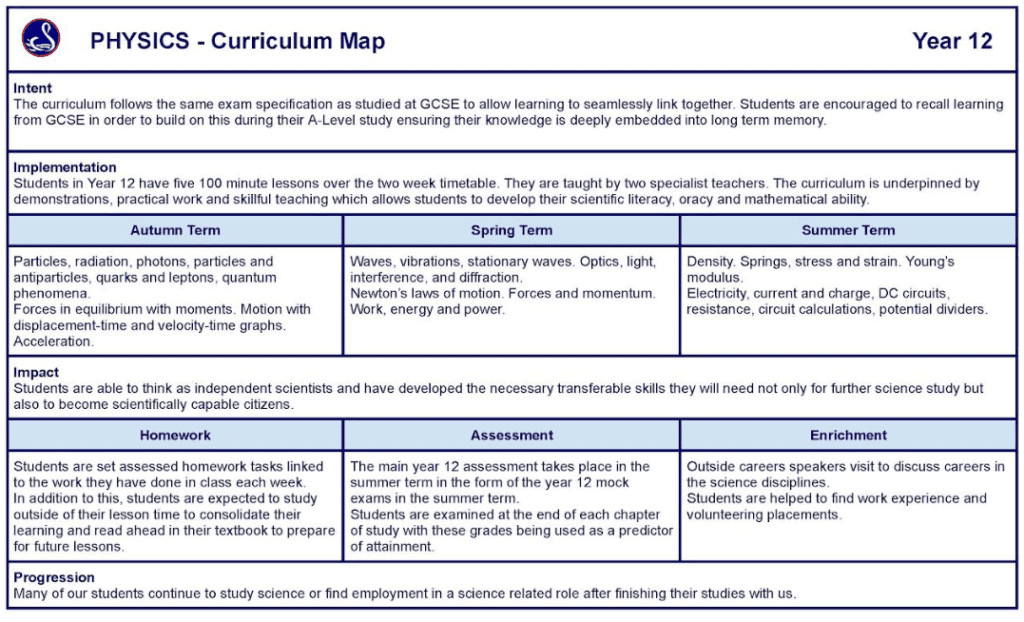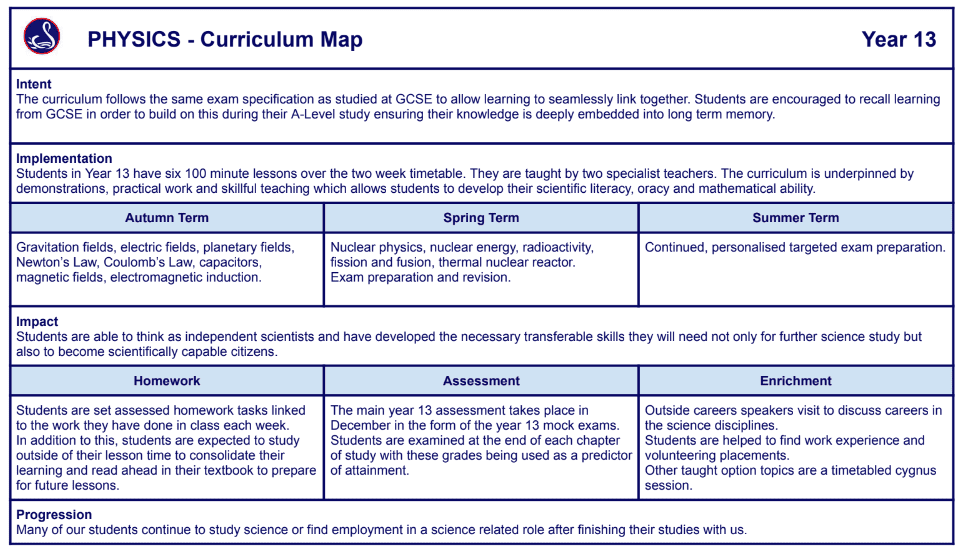Our vision…
We intend to give students a wide range of experiences learning science with practical and investigation work at the core of our teaching. The entire key stage three curriculum has practical work at the centre of each topic area, with an additional investigation skills unit each term that encourages students to think as independent scientists, developing the necessary transferable skills and scientific method they will need throughout their science learning. Through promoting high learning expectations from year seven, we aim for our students to take a science learning journey from year seven through to year eleven, where assessment and content dovetail together, forming five years of learning rather than two separate stages, allowing our students to make links within and across subject areas, promoting a deeper understanding of the fundamental subject knowledge. We aim to educate students about career choices throughout the curriculum and also develop them as individuals socially, morally and culturally. This will enable them to make informed choices and decisions in their future lives, as they will have a greater understanding of the world around them.
Subject areas
- Biology
- Chemistry
- Physics


